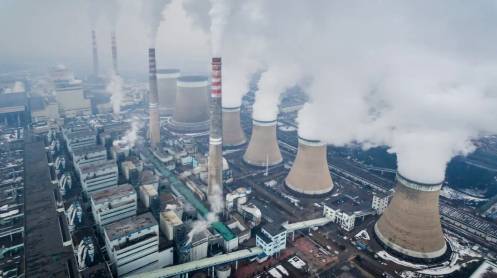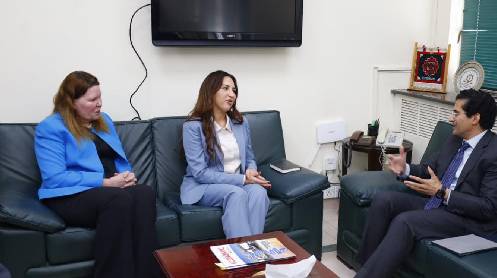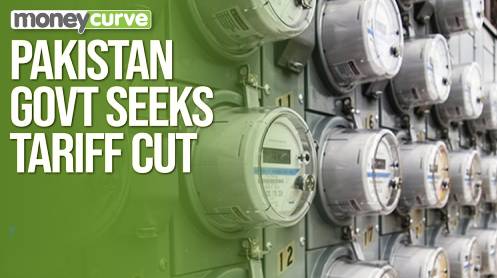ISLAMABAD: The National Energy Administration (NEA) of China has expressed its willingness to establish an ad hoc working group to facilitate discussions on converting three coal-fired power plants in Pakistan from imported to local Thar coal, according to sources within the Private Power and Infrastructure Board (PPIB). This development aligns with Pakistan’s broader energy strategy to reduce dependency on imports and foster sustainable growth.
Representatives from NEA’s International Cooperation and Planning departments, along with Chinese enterprises operating in Pakistan’s energy sector, will engage in the talks. Pakistan’s Ministry of Energy has set up a committee led by Additional Secretary-1 to coordinate with IPPs and other stakeholders. This committee will conduct feasibility studies, assess logistics, and formulate an actionable plan for the conversion process.
Supply chains are also advancing: SECMC expects to complete the Financial Close (FC) for Thar Block’s mine expansion by the end of 2024, with commercial operations scheduled for March 2025. This timeline will facilitate coal supply to power plants like Lucky and Jamshoro, while a railway line from Thar for coal transport is anticipated to be operational before the conversions are finalized.
The shift to local coal is projected to lower tariffs for consumers significantly—down to Rs 7.03 per unit for some plants—and save $892 million in foreign exchange annually by reducing dependence on imported fuel, improving liquidity in Pakistan’s energy sector. However, Chinese entities raised concerns about potential technical challenges associated with using Thar coal, citing equipment compatibility issues and previous technical concerns dating back to 2017.
The NEA indicated that while the conversion could help address issues like foreign exchange savings and reduced tariffs, the process requires careful technical adaptation and may face significant challenges. The leader of the Chinese delegation suggested that NEA should balance the concerns from both sides as the discussions progress.
Story by Mushtaq Ghumman





